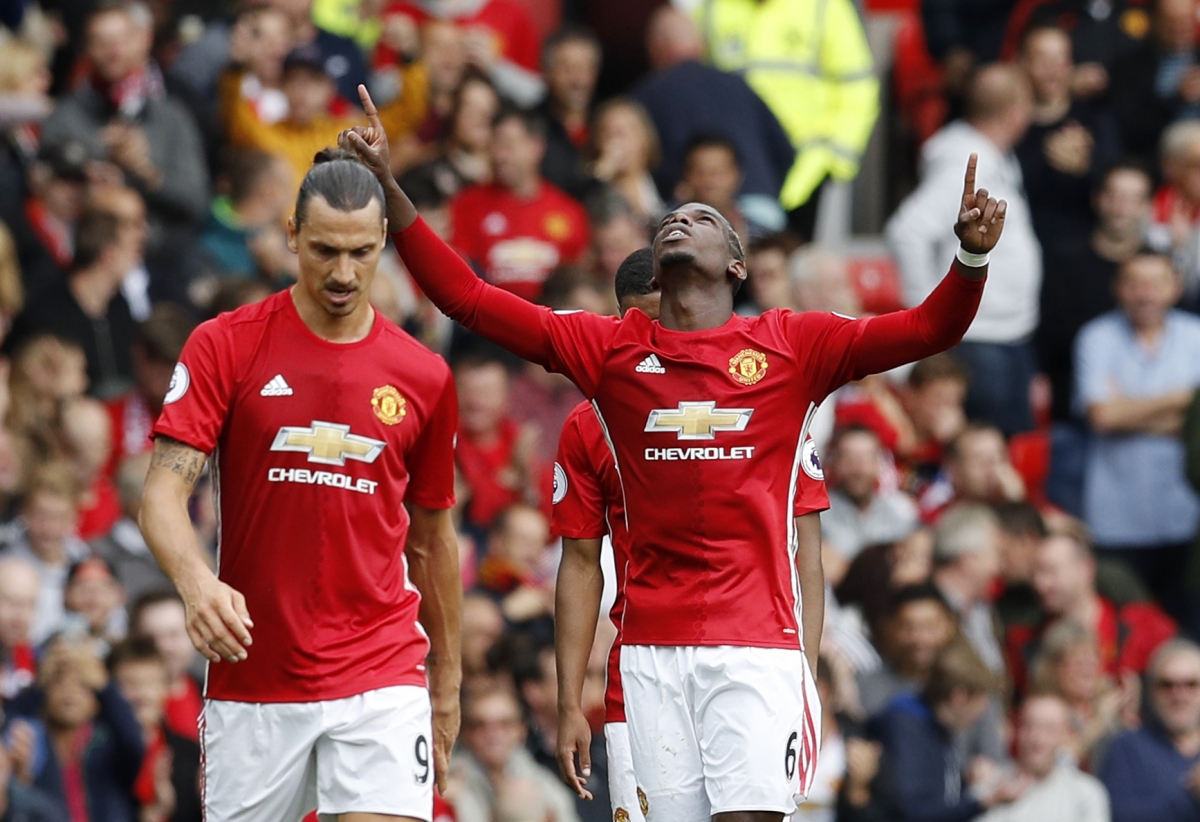(Photo from Reuters)
16 out of the current 20 premier league clubs have a foreign-owner; can you name the exceptions? Will they be the focus of the next wave of FDI (foreign direct investment) into the glorious game?
Premier league clubs have made a remarkable 14 season consecutive post-tax loss, the turning point has been the astronomical broadcasting deals with the likes of BT and Sky, contributing to a total of £3bn over 3 seasons and that is just for the UK alone, add another £2bn for overseas rights. Let’s put this into context, according to Deloitte, by half time of the second Premier League game being televised domestically the revenue generated would account for all the games played in a season of the First Division 25 years ago. The nearest leagues in terms of broadcasting deals are the likes of the German Bundeslega, which amounts to £1bn less and the Spanish La Liga totalling approximately half of what the Premier League receives. Most importantly for those potential investors out there, it is the way that the revenue is distributed in the league; being spread more equally in the Premier League makes acquiring a lower performing club for development a much greater proposition than that in the La Liga. This is due to the dominating clubs in Spain receiving a disparate proportion of the proceeds.
It seems like there are a multitude of motives for investing in a premier league club nowadays due to their new found profitability; contrasted by previous interest primarily been attributed to investors’ looking to fulfil personal desires rather for economic benefit. Take Mike Ashley for example who in 2014 expressed his content for not having complete assurance over getting back the £200m that he has loaned to Newcastle United, justified purely on the basis of him being a fan. Sheikh Mansour the owner of Manchester City has poured in over £1bn since 2008 and the club has only recorded a profit for the first time in 2015, which is perhaps just an auxiliary benefit as it appears that owning a football club of this status more profoundly helps to fuel the billionaire owners’ self-esteems (I think it compliments their fully-fuelled super-yachts too). This is best exemplified by Roman Abramovich, whose ownership of Chelsea has raised the oligarch’s profile to that of international recognition; perhaps a way of directing the attention away from his unscrupulous business activities.
The inevitable surge of Chinese capital is on the horizon as the increased stability of a Premier league football club as a financial investment combined with China’s objectives of promoting football domestically make it extremely desirable and the influx has begun; evidenced by China’s Recon Group acquiring Aston Villa (despite their recent relegation, perhaps it is a good investment buying at a low-point when they have been relegated?) and also a Chinese Investment group attaining control of West Bromwich Albion. I would like to highlight the potential of football for an investor, with the proliferation of marketing and global reach of the game ‘investing’ £89m for a player that was allowed to leave Manchester United for free a few seasons prior seems ludicrous, however the asset that is Pogba has had a substantial return on investment with almost £200m being generated in the 3 weeks of sales of his ‘Pogba 6’ shirt, united will receive 15% of the total + £10 per shirt for printing and badges of the total sold and potentially significant future benefits, most notably aligning the interests of United’s principal sponsor Adidas. This shows the profit potential of these elite clubs; having access to new revenue streams, as is the case with iconic players’ ability to facilitate endorsement deals, helps to affirm how sustainable the profitability of the Premier League is. Does this increased business focus undermine the underpinning objective of striving for the best and most attractive football?
A reward for sticking with it and reading through the entire article, as promised the current clubs who are not YET foreign owned are: Burnley, Middlesbrough, Stoke, and Tottenham.
By Kieran Savage

